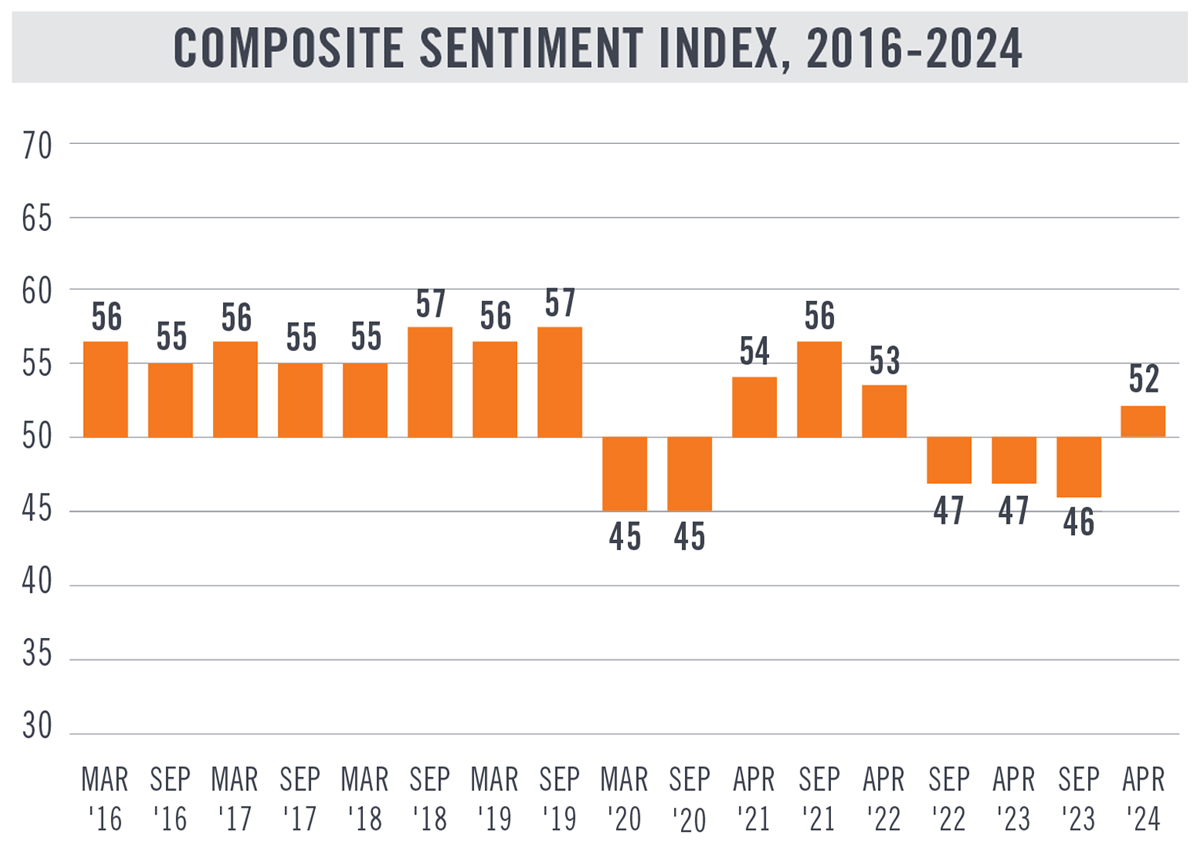PwC Issues Positive Capital Markets Forecast
The company’s latest financial markets report shows that economic conditions will support further growth, but at a decelerating pace. Trade policies and rising interest rates will be the main disruptors going forward.
By Alexandra Pacurar
Released this month, PriceWaterhouse Cooper’s financial markets report for the last quarter of 2018 points out that “trade negotiations, a strong dollar and rising U.S. interest rates have affected all sectors of the capital markets.”
In 2019, the direction of the Chinese and European economies may be cause for concern, even though the general outlook is positive. The research also consolidates the belief that there will be from two to four interest rate increases in the next 12 months. This, along with other events in the market, are anticipated to increase volatility “until equilibrium is established.”
According to the PwC report, 2018 marked the official return of CRE collateralized loan obligations. The post-recession regulations and standardization, along with strong market fundamentals, led to a total CLO origination volume of more than $14 billion in the past year, double the amount in 2017. “Many CRE CLO forecasts project issuance to continue at a robust pace in 2019 as investors view this product as an attractive alternative to more typical conduit and single asset/single borrower transactions,” the report concludes.
At the same time, CMBS issuance remained flat year-over-year. In the government-sponsored enterprise sector, the volume for Freddie Mac K-series was up roughly 12 percent for the year and originations are close to record levels in the multifamily market. The overall sentiment is that demand for this asset class will remain strong in 2019, according to the report.
Declining mortgage origination
Rising rates and signs of a slowdown in some markets have led to a decline in purchase origination volumes of residential mortgages. One of the biggest challenges for originators who rely on short-term financing is the spread between the 10-year and two-year Treasury yields, now at the lowest level in over a decade. In 2019, the Federal Housing Finance Agency will also increase the conforming loan limits for mortgages to be to be acquired by Fannie Mae and Freddie Mac from $417,000 to $484,350 in 2019. The last rise was in 2016, after a decade in which there was no alteration of the threshold.
The report also highlights the fact that repricing of risks and returns has impacted prices in the equity and fixed-income markets. “The end of the last quarter of 2018 saw tightening in the leverage loan markets with widening spreads and more flexibility being sought by the creditors over the borrowers.”
Investors focus on North America
Investment activity was also strong in 2018. PwC reports a total transaction volume of $436.6 billion in the first 10 months of 2018, a 10 percent year-over-year rise, and predictions for what’s ahead are positive. The PwC Real Estate Investor Survey for the last quarter of 2018 shows that 63 percent of investors will target funds focused on North America in 2019. When it comes to property types, retail seems to be the most challenged.
“Retail is the only sector where negative leasing demand is projected in numerous markets at the same time that a slowdown in positive leasing demand is forecast for many other markets,” PwC research shows.








You must be logged in to post a comment.